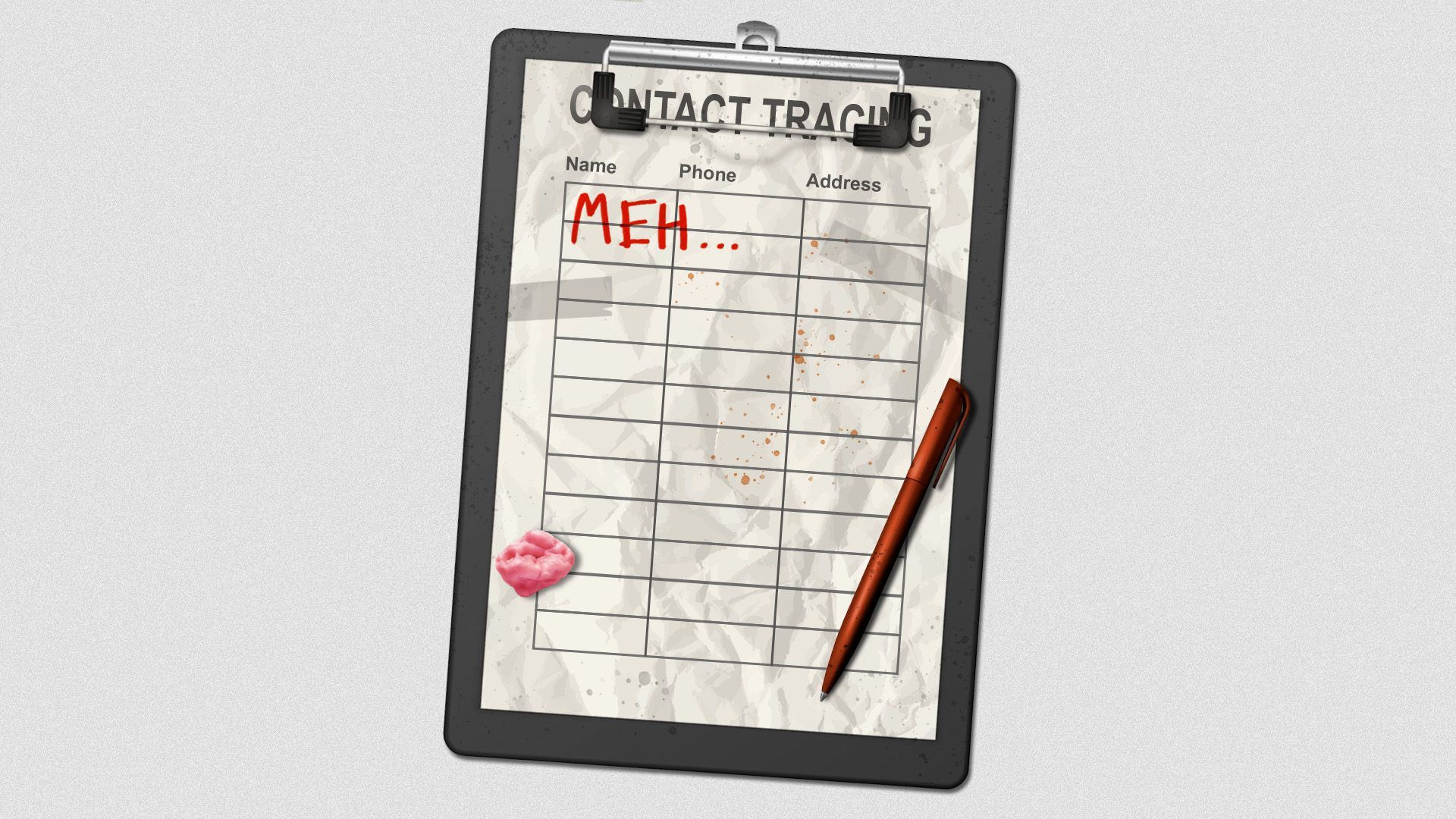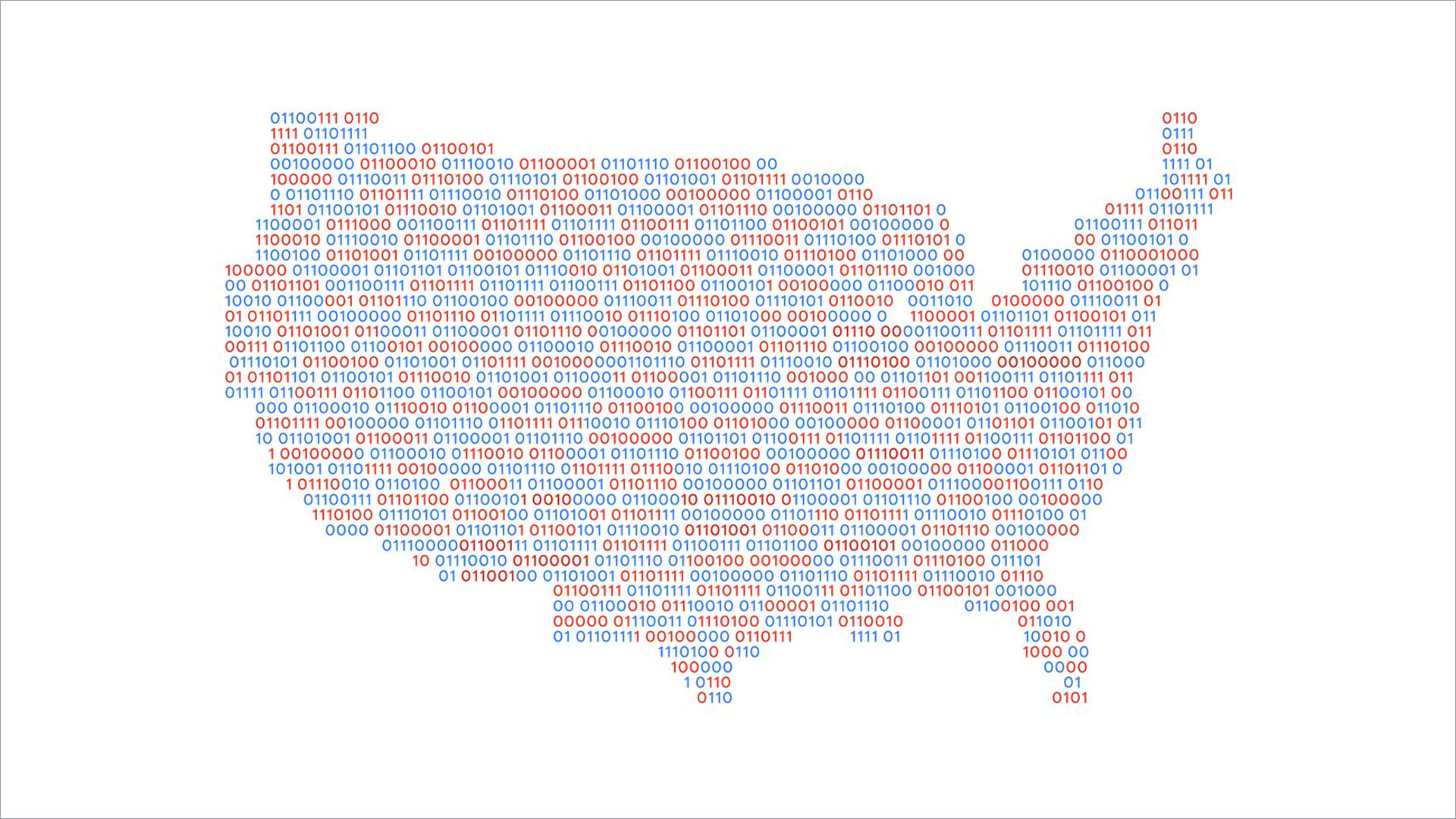| |
| |
| |
| Presented By Google |
| |
| Axios AM |
| By Mike Allen ·Jan 28, 2022 |
| Happy Friday! Smart Brevity™ count: 1,190 words ... 4½ minutes. Edited by Zachary Basu. 🗳️ Situational awareness: When President Biden speaks today at the site of a historic Pittsburgh steel mill, two top Democrats running statewide will be absent because of scheduling conflicts, AP reports. - A top Senate candidate, Rep. Conor Lamb, will attend the event touting America's manufacturing renaissance.
Why it matters: With Biden's low polls, some Dems in tough races are distancing themselves. |
| |
| |
| 1 big thing: Salary disclosure push |
 |
|
| Illustration: Sarah Grillo/Axios |
| |
| New York City will soon require employers to supply a salary range when advertising a position — the biggest step yet in a growing, controversial pay-transparency movement, Jennifer A. Kingson writes in Axios What's Next. - Why it matters: These laws aim to give workers, particularly women and people of color, more power in job negotiations. But the rise in remote work is throwing a wrench into the effort.
Under the new law, which takes effect in May, any employer trying to fill a position based in New York City will have to advertise the minimum and maximum salary. - New York's role as the nation's financial capital and business bellwether puts the pay-transparency movement front and center.
How it works: For employers, the rule can help stave off pay discrimination claims. For workers, there's comfort in knowing that your income is in line with what the boss is offering others. Where it stands: At least eight states and several cities have laws on pay transparency, but most are weaker than New York City's. - A handful of private employers have taken matters into their own hands. Whole Foods lets employees look up how much their co-workers make. A number of tech companies — Buffer, GitLab and Whereby — post formulas about how salaries are derived.
Reality check: Remote work can give employers an easy way to avoid localized pay-transparency laws, at least for some positions. - Colorado's strictest-in-the-nation law forces employers of all sizes to post pay information for all jobs advertised, even if they're for remote positions that could potentially be performed in Colorado.
- But experts say that's actually had a chilling effect, prompting companies to pull their listings from the state.
Other problems: Employee compensation isn't always an exact or one-size-fits-all science — there can be legitimate reasons why star performers or people with unusual backgrounds get outlier salaries. |
    |
| |
| |
| 2. Meta's civil-rights chief aims to "turn the knob" |
 |
|
| Photo Illustration: Shoshana Gordon/Axios. Photo: Meta |
| |
| A year ago, Facebook brought in Roy Austin, Jr. to lead a new team focused on civil rights. - Since then, he has assembled a squad of experts advising parent company Meta on everything from voting rights to hate speech, Axios' Ina Fried writes in her weekly "Signal Boost" column.
In a series of exclusive interviews, Austin and members of his team took Axios inside their work. - Meta hired Austin following the completion of an external civil rights audit, amid a raft of complaints that the company's products were having disparate and discriminatory impacts on marginalized groups.
- Austin, a civil rights attorney, is a former federal prosecutor and was director of the White House's Office of Urban Affairs, Justice and Opportunity during the Obama administration.
"At first I wasn't interested," Austin told Axios. "But what hit me was a company that touches 3.5 billion people, and I felt like if I could turn the knob just a little bit toward justice with a company with that kind of reach, that that would really be an amazing opportunity." |
    |
| |
| |
| 3. Contact tracing fizzles |
 |
|
| Illustration: Sarah Grillo/Axios |
| |
| States across the country are scaling back contact-tracing efforts, often relying more on Americans to alert close contacts themselves after testing positive for COVID, Axios' Caitlin Owens reports. - The availability of at-home COVID tests means that public health agencies often aren't made aware of many positive cases.
Over a dozen states — including Nebraska, Wyoming and Massachusetts — have taken steps to dial back contact tracing and have asked the public to do more of it themselves, according to the National Academy for State Health Policy, which is tracking the trend. Between the lines: Contact tracing is now baked into everyday culture. - It's completely normal to receive a text message from a recent contact saying they tested positive.
Share this story. |
    |
| |
| |
| A message from Google |
| Google advises on open source software security at White House summit |
| |
 |
| |
| Google is working with the Administration and others to build a long-term and sustainable plan for securing open source software. As part of Google's $10B cyber security commitment, Google is providing $100M to support third party foundations like the Open Source Security Foundation. Learn more. |
| |
| |
| 4. 🥌 Olympics open 1 week from today |
| Photo: Marcio Jose Sanchez/AP Above: At LAX yesterday, figure skater Nathan Chen wore a mask and face shield as he and other members of Team USA walked a red carpet to board a plane en route to Beijing. Photo: The Yomiuri Shimbun via Reuters Above: Searchlights flooded the sky last night during rehearsal for the Opening Ceremony at Beijing's National Stadium, a.k.a. the Bird's Nest, which viewers will remember from the 2008 Summer Games. - Go deeper: How COVID tests, isolation will work at Olympics.
|
    |
| |
| |
| 5. New front for Putin pressure |
| Russia's rapid movement into Belarus — which NATO Secretary-General Jens Stoltenberg said this week was taking place "under the disguise of an exercise" — has convinced some analysts that Putin is planning a major invasion of Ukraine that could target Kyiv, the capital. - U.S. officials say Putin may be "preying" on the domestic vulnerability of Belarus dictator Alexander Lukashenko, who has relied on Russia's support to stay in power after mass protests broke out in 2020.
|
    |
| |
| |
| 6. Data of the day: Almost there |
 Reproduced from Renaissance Macro Research. Chart: Axios Visuals The economy grew at a record rate last year — but U.S. GDP is still about 1% shy of its pre-pandemic trend, according to Renaissance Macro Research. - Why it matters: Fiscal stimulus is behind us now — and pandemic-era problems like supply chain snags are still holding back a full recovery, business editor Kate Marino writes in Axios Markets.
👀 What we're watching: Chips! The shortage continues to hold back vehicle production, with no clear end in sight. - "When the motor vehicle sector recovers, we will blow right through [the trend line]," says Neil Dutta, Renaissance Macro's head of economics.
|
    |
| |
| |
| 7. Sneak peek: Toyota Lunar Cruiser |
| Photo: Toyota Motor Corp. via AP Toyota is working with Japan's space agency on a vehicle to explore the lunar surface, with ambitions to help people live on the moon by 2040 and then go live on Mars, AP reports. - It's called the Lunar Cruiser — homage to the Toyota Land Cruiser.
- Launch is set for the late 2020s.
Photo: Toyota Motor Corp. via AP |
    |
| |
| |
| 8. 🥇 Lead of the week |
 |
|
| Photo: Smith Collection/Gado via Getty Images |
| |
| Each chicken only has two wings, Axios chief economic correspondent Neil Irwin notes in "The great Buffalo wing inflation." - Why it matters: When demand for wings surges but demand for the rest of the chicken is steady, it creates big price swings — and a fun study in microeconomics.
What's happening: Relative demand for fatty, rich, messy parts of the chicken has surged versus the healthy parts of the chicken that most efficiently deliver lean protein. - Wing prices are soaring — not just in absolute terms, but relative to other parts of the chicken. The national retail price of frozen chicken wings was $3.71 a pound last week — 48% higher than a year ago.
- In the same span, fresh boneless, skinless chicken breast was up only 7.6%. Whole chickens were actually down slightly.
An apparent culprit: Wings travel well, making them particularly appealing when people don't want to eat in. Pop-up restaurants and ghost kitchens have sprouted up to fulfill that demand, including Applebees' Cosmic Wings delivery business. Read Neil Irwin each week in Axios Capital. |
    |
| |
| |
| A message from Google |
| Google is training 100,000 Americans for jobs in cybersecurity |
| |
 |
| |
| Data Privacy Week is an international effort to empower individuals and businesses to respect privacy, safeguard data, and enable trust. To help grow the cybersecurity field, Google is training 100,000 Americans for vital jobs in data privacy and security. Learn more. |
| |
| 📬 Was this email forwarded to you? Sign up here for your own personal copy of Axios AM and Axios PM. |
 | Bring the strength of Smart Brevity® to your team — more effective communications, powered by Axios HQ. | | |
Post a Comment
0Comments